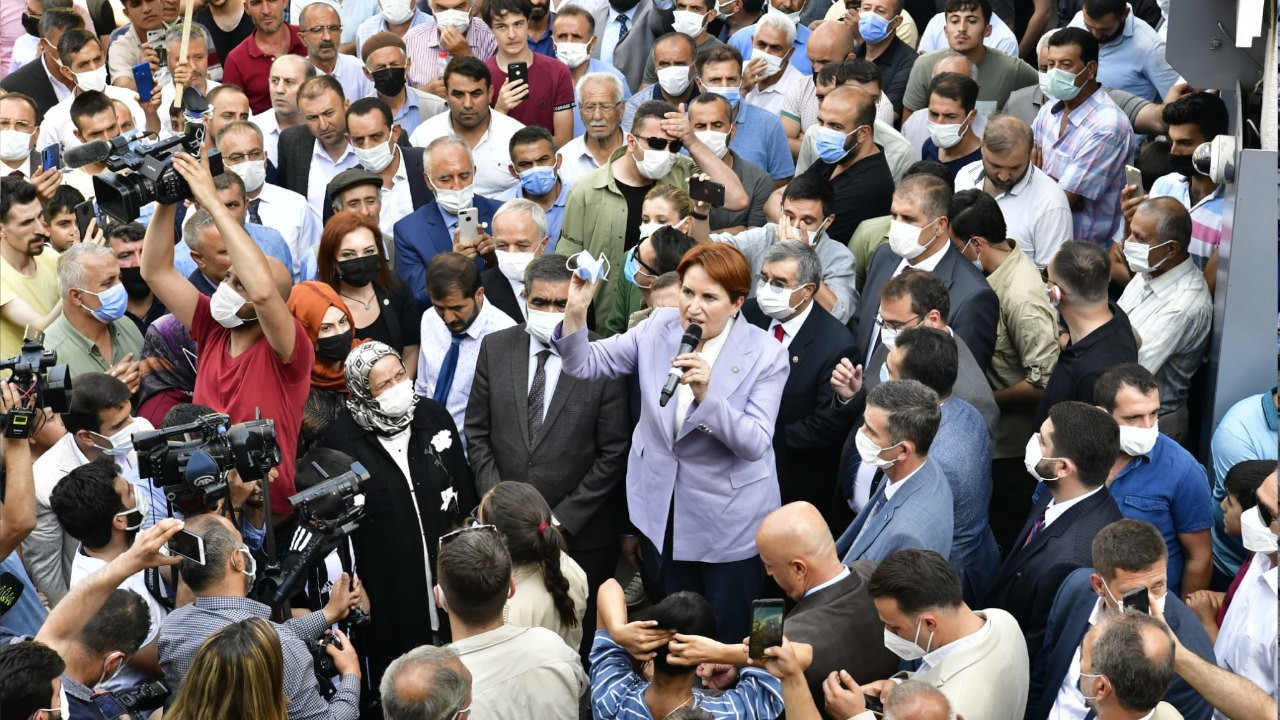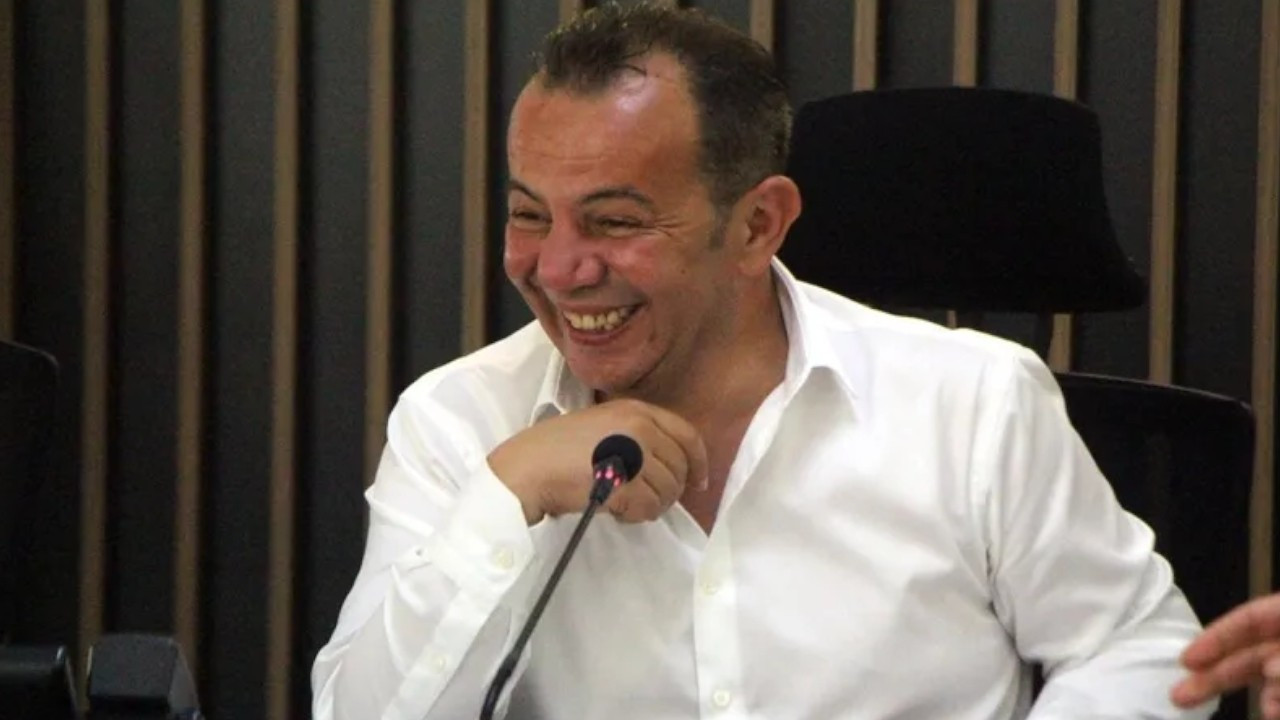Refugees in Turkey concerned about rising hate speech
Refugees in Turkey are concerned about an increase in hate speech targeting them, the daily BirGün reported on July 30, basing its reports on interviews with Syrians living in the capital Ankara. "I don't think Syrians will stay in Turkey much longer. It's obvious that people want to send us away," said one of the refugees identified only as İ.B.
Duvar English
Millions of refugees in Turkey are growing wary of a rise in discriminatory rhetoric targeting them, the daily BirGün reported on July 30, basing its report on interviews with Syrians living in the capital Ankara.
Residents of Önder Neighborhood, occupied mostly by Syrians refugees, have expressed fear that they will become victims of racist attacks.
A refugee identified only İ.B. said that he has lived in Turkey for seven of their 23 years of life and moved here with his family from Aleppo after one of his siblings died in the war and another was abducted.
"We drove to Ankara in a car. There were 12 of us including my siblings and parents," İ.B. said.
He said that he now works at a bag manufaturer, but experiences discrimination despite earning his wages in exchange for hard work.
"When we pay to buy homes and cars, people say 'Look Syrians are buying things,'" İ.B. said. "If only they asked how we can afford these things. We work day and night."
Two of İ.B.'s siblings went to school in Turkey, but were cast out for being Syrians and even were physically assaulted at one point, the refugee added.
"I don't think Syrians will stay in Turkey much longer. It's obvious that people want to send us away," İ.B. said. "Turkey was great the first two years we were here. They welcomed us back then."
İ.B. is looking forward to going back to their country, but feels like crying every time he sees the state of his home on the media, he said.
The 46-year-old Abdülselim S., who has been in Turkey for the last five years, has been operating a local grocery shop ("bakkal") in Önder Neighborhood.
"I have come here with my wife and two children. One of my children died in the war, whereas one of them had their hand cut," he said.
"We are working in Turkey and trying to make a living. But, when the war is over, I will immediately go back to Syria. We will not sell our properties here, we will leave them here," he said.

 Akşener mounts discriminatory rhetoric, 'offers' Austria 3b euros to take in refugees from TurkeyPolitics
Akşener mounts discriminatory rhetoric, 'offers' Austria 3b euros to take in refugees from TurkeyPolitics Bolu mayor signals more racist policies as CHP isolates his views from partyPolitics
Bolu mayor signals more racist policies as CHP isolates his views from partyPolitics